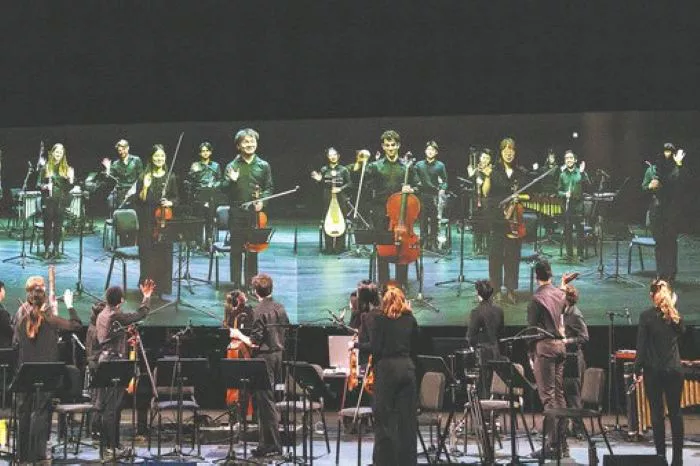The storied world of classical music is navigating uncharted territory as artificial intelligence begins composing concertos and analyzing symphonies. At a landmark symposium held at Beijing Performing Arts Centre, Juilliard School’s David Serkin Ludwig framed AI as both disruptor and potential savior for an art form grappling with declining audiences – classical music accounted for a mere 2.8% of U.S. album sales a decade ago, with no signs of recovery.
“Technological revolutions have always transformed music,” noted Ludwig, drawing parallels between today’s AI tools and historic innovations like the phonograph. Yet the dean cautioned that machine learning algorithms, while capable of generating technically proficient compositions, lack the human struggle essential to great art – the “ten thousand hours of practice” that forge artistic mastery. The discussion revealed a growing consensus that AI’s greatest value may lie not in replacing musicians, but in democratizing music education and creating new audience engagement tools.
As conservatories worldwide begin integrating AI into their curricula, the Beijing gathering highlighted an emerging third way forward: leveraging technology to preserve classical traditions while making them accessible to digital-native generations. From algorithmically-generated practice accompaniments to virtual reality masterclasses with long-deceased composers, the classical world appears poised for its most significant evolution since the invention of musical notation – provided it maintains what Ludwig calls “the irreplaceable human spark.”
Related Topic:
- Palma Airport Cancellations Leave Hundreds of UK Travelers Stranded
- Travel eSIMs Gain Popularity as Cost-Saving Alternative to Roaming
- JetBlue Launches Paisly, a New Tech-Driven Travel Products Platform

